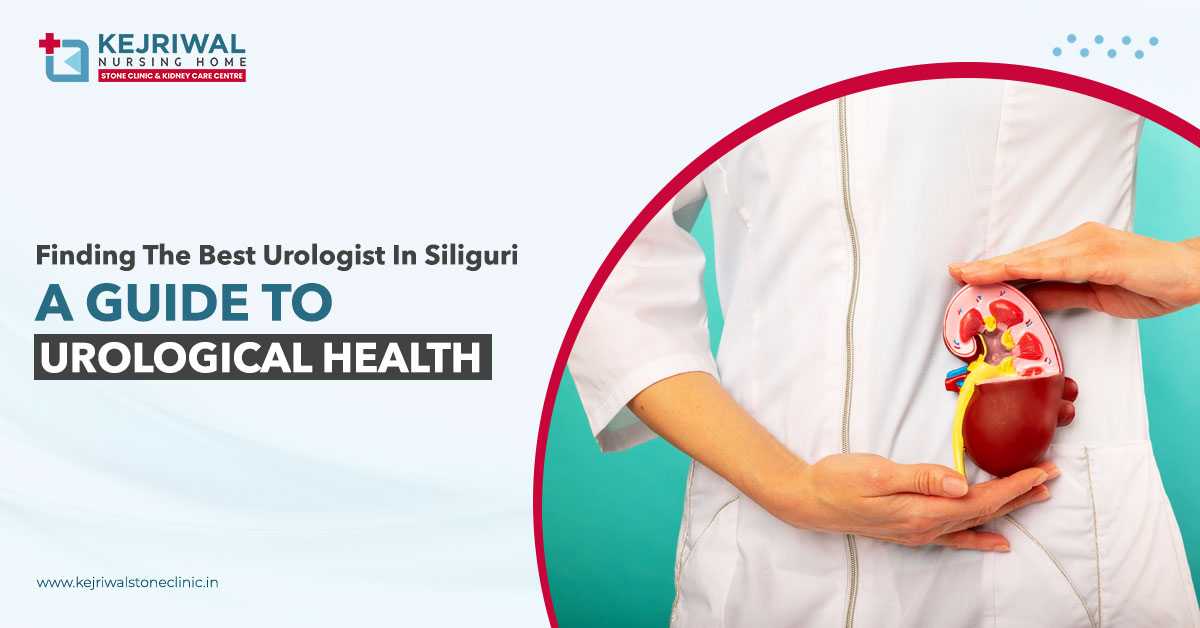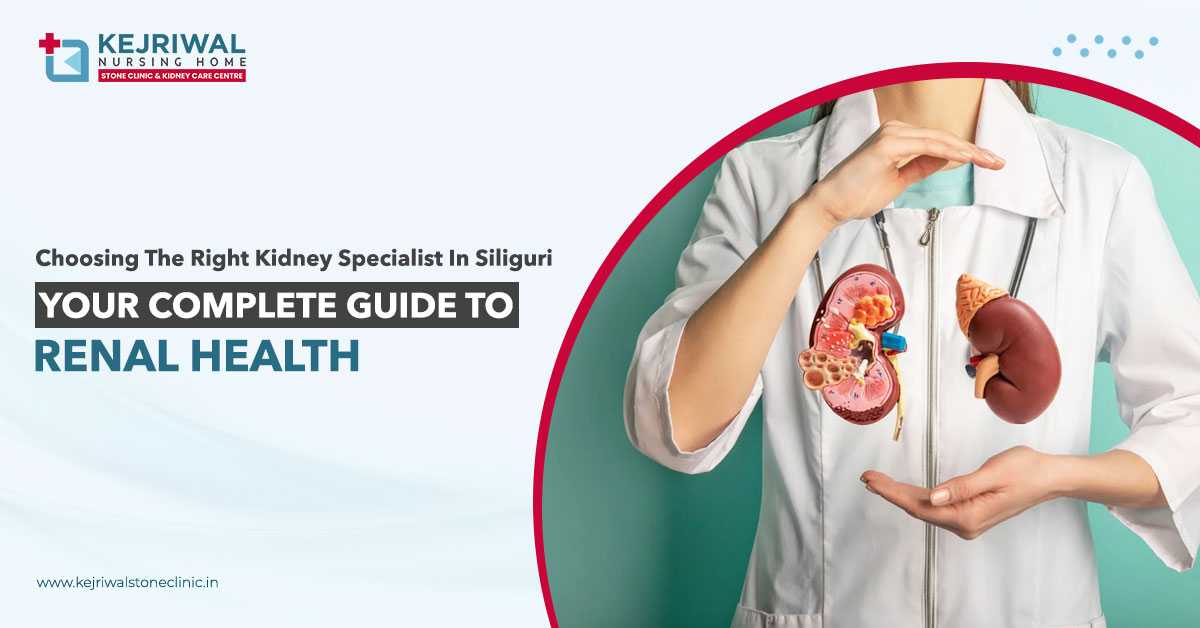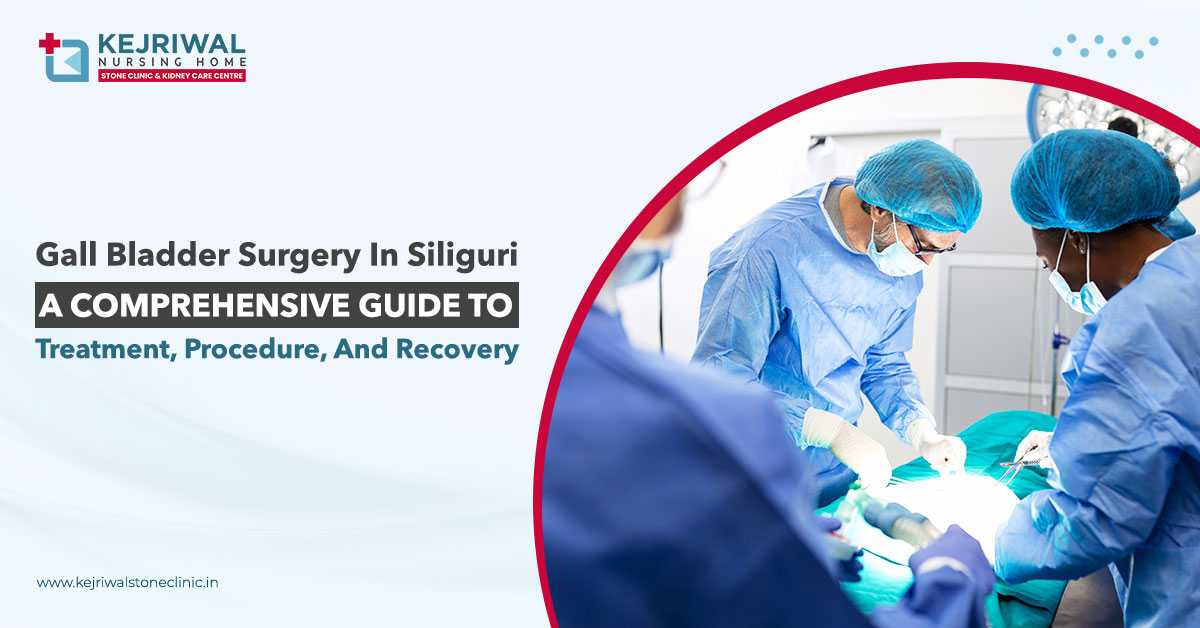Some health conditions are acquired. In many instances, health conditions are inherited. Inherited diseases pass down from parents to kids due to genetic mutations. And there’s no exception to polycystic kidney disease/PKD. Medical care help prevent the condition.
PKD causes cystic development in your kidneys, resulting in kidney enlargement. These cysts contain fluid and are noncancerous. Depending on how large the cysts are, kidney damage may occur. High blood pressure, back pain, blood in urine, headaches, are some signs of PKD. You might talk to the best kidney specialist in Siliguri.

Possible Signs & Symptoms
Listed in the directory below are signs of PKD:
- Headaches
- Back pain, pain in the side
- High blood pressure
- Blood in the urine
- Enlarged abdomen due to cyst growth
- A feeling of abdominal fullness
- Kidney stones
- Kidney infections/UTIs
You may have such signs but that doesn’t mean you have PKD for sure. It’s your health care provider who rules out the underlying cause. Therefore, seeking medical attention is of importance. Know that medical care helps manage PKD. However, no cure is still available.
Men and women are equally likely to develop this genetic disease. With a family history, especially if the condition runs in the first-degree relatives, the chance of getting PKD increases.

Knowing the Complications of PKD
Other health risks caused by PKD include:
- Heart Valve Issues. Mitral valve prolapse occurs when there’s improper closure between the upper heart and lower left heart chambers. This condition causes the blood to leak backward.
- High Blood Pressure. PKD with time contributes to elevated levels of blood pressure. Here high BP may result in other health concerns if not treated well.
- Chronic Back/Side Pain. People with PKD often receive pain in their back and side of the body. Such pain may be associated with a kidney stone or urinary tract infection.
- Kidney Stones. The risks of kidney stones may develop in people with ADPKD/autosomal dominant polycystic kidney disease, known as adult PKD.
- Loss of Kidney Function. The possibility of gradual loss of kidney function uplifts if the person has PKD. Due to obstructed function, the organ fails to remove waste out of the body, leading to toxin accumulation inside the body.
- Pre-eclampsia. It’s one of the common pregnancy complications that causes high blood pressure in expectant mothers after the 20th week of gestation, involving the signs like excess protein in the urine, severe headaches, shortness of breath, pain on the right-side upper belly, nausea, vomiting, blurry vision, etc.
Treatments may include blood pressure management, healthy lifestyle choices, dialysis, breathing support, pain management, kidney transplant, et al. Medical care depends upon how severe the condition has become. Listen to your health care provider to have optimum healing.




